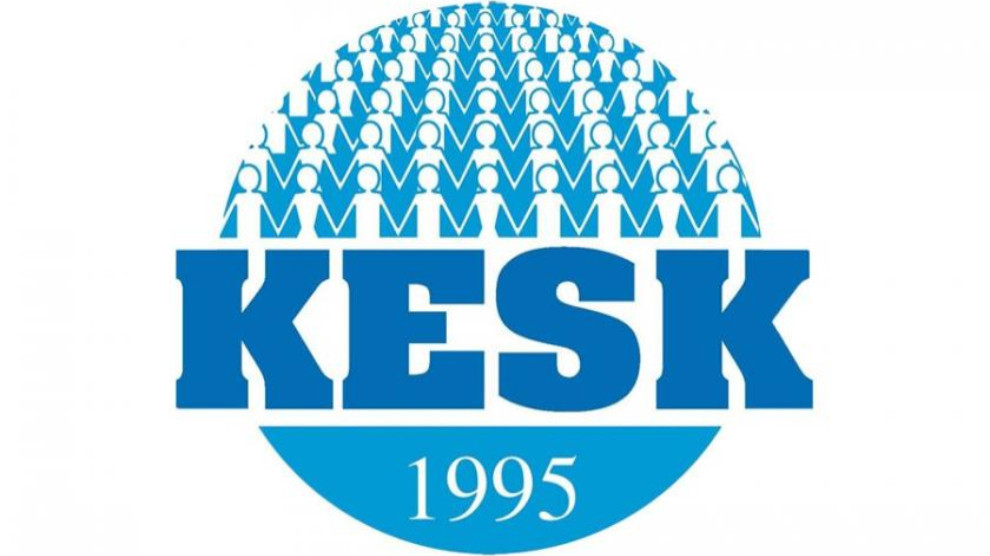KESK: Government not doing enough to counter COVID-19 emergency
KESK emphasized that the way out of the crisis was to increase social solidarity.
KESK emphasized that the way out of the crisis was to increase social solidarity.

The Confederation of Public Workers Unions (KESK) Central Executive Board issued a written statement today on the impact of coronavirus on low-income people.
KESK said in its statement: "The policies implemented are not a solution when millions of workers, laborers, and low-income workers are ignored, despite the growing threat of the epidemic, and the low-income people who are forced to work in factories, workshops and countryside."
In the statement, KESK emphasized that the way out of the crisis was to increase social solidarity and listed the following steps to be taken:
“* The number of tests should be increased rapidly and common test application should be started.
* During the epidemic, citizens should have free access to health.
* Workers' basic demands must be met.
* Apart from priority works in the public sector, institutions should reduce the number of personnel performing these works.
* It should be ensured that all personnel at minimum level, who perform continuous and essential duties, benefit from remote working opportunities and the right to administrative leave.
* Problems regarding information and training for personnel should be resolved immediately, and all employees should be ensured to participate in the decision processes taken in the workplaces.
* The removal of rights of all public employees, including paid teachers and nursery workers, should be eliminated immediately.
* Access to protective equipment should be provided for all healthcare professionals, checks and diagnostic tests should be carried out at regular intervals, and the environment in which they are operating should be secured.
* Health workers should not be required to do 24-hour shifts and overtime.
* Working hours should be kept short and with frequent breaks, protection measures in accordance with emergency and disaster regulations and occupational health and safety legislation should be increased, and additional indemnity should be given to all healthcare workers.
* The public health personnel shortage should be closed by secured-permanent purchases, not by precarious-contract purchases.
* During the epidemic, all the facilities of public institutions, especially guesthouses and social facilities, should be used to house the healthcare professionals.
* The disadvantage experienced by family physicians who had their salary reduced for quarantine should be eliminated, and their quarantine and leave should not be deducted from their salaries.
* Workers in case of symptoms should be granted administrative leave for 14 days.
* Prisoners must be released as soon as possible and sentences execution postponed.
* Necessary measures should be taken urgently in refugee repatriation centers, and for refugees who are not in these centers, hygiene and basic food supplies should be provided with public resources, similar to lower income groups.
* During the epidemic period, private health institutions should be put under public control, and private hospitals converted into pandemic hospitals should be prevented from billing the services they provide to citizens."